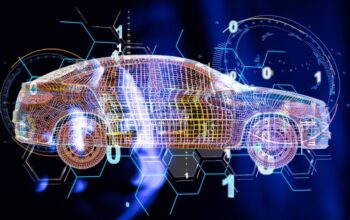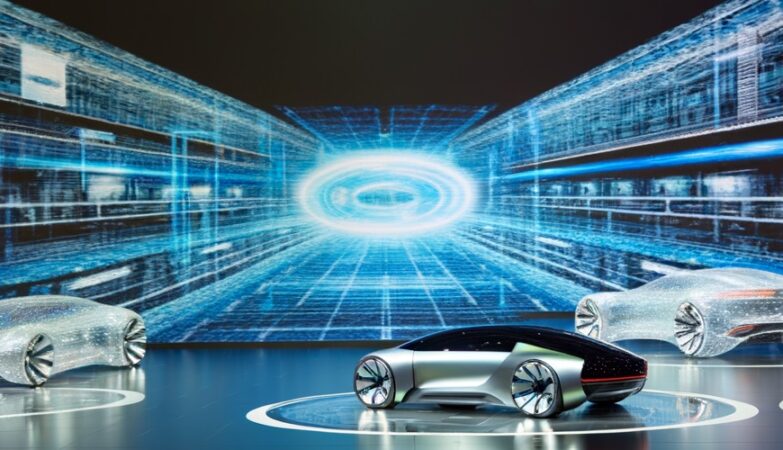[ad_1]
Automotive: Revolutionizing Mobility
The automotive industry has come a long way since its inception. From the first steam-powered vehicle to the advanced electric cars we see today, automotive technology has revolutionized transportation and mobility worldwide. This article explores the various aspects of the automotive industry and its impact on society.
The birth of the automotive industry can be traced back to the late 19th century when Karl Benz developed the first gasoline-powered automobile in 1886. This invention paved the way for other automobile manufacturers to follow suit. With the advent of mass production techniques, such as Henry Ford’s assembly line, cars became more affordable and accessible to the general public.
One of the key benefits of the automotive industry is the enhancement of personal mobility. Vehicles have empowered individuals to travel long distances easily and efficiently. This freedom of movement has transformed the way people live and work. Commuting to work, running errands, and going on road trips have become a part of everyday life for millions of people.
Moreover, the automotive industry has had a substantial impact on the global economy. It is a significant source of employment and contributes to GDP growth in numerous countries. According to the International Organization of Motor Vehicle Manufacturers, the automotive industry accounts for 8.5{456e9d3d782a4621c31d22a04129ab61b6be3213608f80066c20f1a9c777fdb4} of global employment, employing over 100 million people directly and indirectly.
Environmental sustainability is another crucial aspect of the automotive industry. Concerns about climate change and air pollution have prompted automakers to develop greener technologies. Electric vehicles (EVs) have gained popularity as an eco-friendly alternative to traditional internal combustion engine cars. EVs produce zero tailpipe emissions, reducing greenhouse gas emissions and improving air quality. Additionally, advancements in hybrid technology have allowed for better fuel efficiency and reduced carbon footprint.
The future of the automotive industry looks promising, with rapid advancements in autonomous driving technology. Self-driving cars have the potential to revolutionize transportation even further. They promise to improve road safety by eliminating human errors, reduce traffic congestion, and offer mobility options for the elderly and disabled. Autonomous vehicles could reshape cities, as parking lots and garages become obsolete, creating space for parks and other community areas.
The automotive industry is not only focused on personal mobility but also on commercial vehicles. The transportation of goods and services is a fundamental part of any economy. Trucks, vans, and delivery vehicles play a vital role in ensuring the efficient flow of goods across the country. Automakers are constantly working on technologies to improve the fuel efficiency and safety of these vehicles, as well as exploring alternatives such as hydrogen-powered trucks.
In conclusion, the automotive industry has had a profound impact on society. It has enabled personal mobility, boosted economic growth, and promoted environmental sustainability. With advancements in electric and autonomous technologies, the future of the automotive industry looks promising. As the world continues to evolve, the automotive industry will remain at the forefront of innovation, shaping the way we travel and interact with our environment.
[ad_2]






